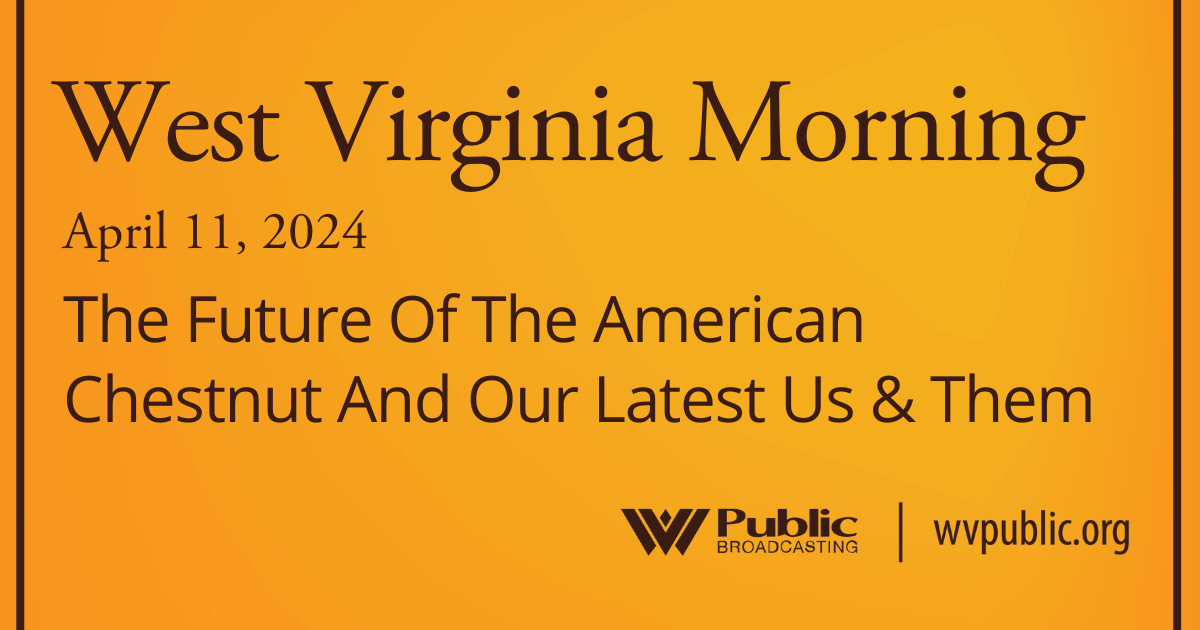The Republican-majority Committee on House Administration plans to use testimony from the hearing to develop a bill known as the American Confidence in Elections Act that would strengthen states’ roles in establishing and administering election laws.
Secretary of State Mac Warner testified Thursday before members of the U.S. House of Representatives about voter confidence in elections, as well as election security measures.
The Republican-majority Committee on House Administration plans to use testimony from the hearing to develop a bill known as the American Confidence in Elections Act that would strengthen states’ roles in establishing and administering election laws.
It would provide states with tools to “boost election integrity and remove outdated federal policies that get in their way,” according to the committee’s website.
The bill would also prohibit non-citizen voting, allow REAL ID state drivers licenses or identification cards as proof of citizenship, and would create a federal forum that would help states discuss “best practices, paired with model state legislation for state legislatures to consider.”
Warner discussed West Virginia’s constant voter roll updates and technological ease of access as points of interest for the bill. He also mentioned that West Virginia has permanent state funding for voting infrastructure like equipment and maintenance.
“Collectively, these measures build public confidence, which has been reported independently by MIT who put West Virginia near the top of states in voter confidence,” he said in his testimony to the committee.
He also argued for reducing mail-in voting, revisiting the National Voter Registration Act that allows for streamlined voter registration for anyone who applies for a driver’s license and stricter enforcement of election laws.
“Technology has advanced considerably since 1993, and many local election officials, and our state’s Department of Motor Vehicles contend that the DMV should not be registering people to vote,” Warner said. “People can register online using a cell phone, computer, tablet, or other mobile device.”
Warner also echoed allegations from House Republicans like Rep. Jim Jordan, R-Ohio, who claim that federal intelligence agencies misinformed the public about the Hunter Biden laptop controversy during the 2020 presidential campaign.
Warner cited the controversy as an example of an election being compromised, though numerous independent experts and courts say there was no significant fraud in the 2020 election, including the U.S. Justice Department and the scientific journal Proceedings of the National Academy of Sciences of the United States of America.
Warner, alongside Rep. Alex Mooney, R-West Virginia, opposed the Biden administration’s Executive Order 14019, “Promoting Access to Voting,” last June, citing federal overreach. It would have involved federal agencies in state voter registration efforts.
